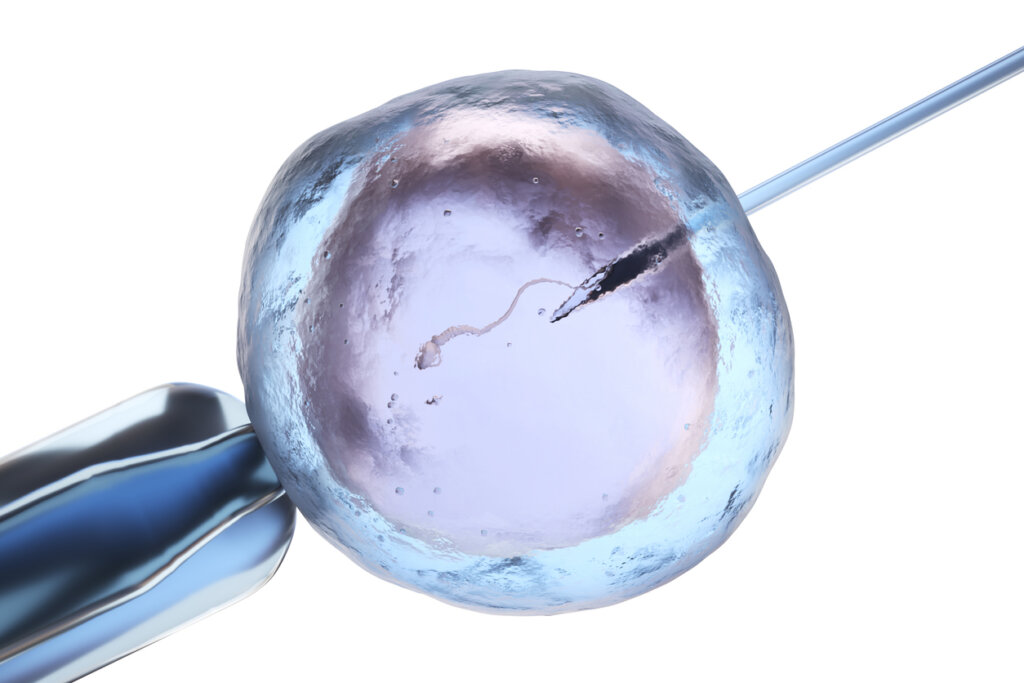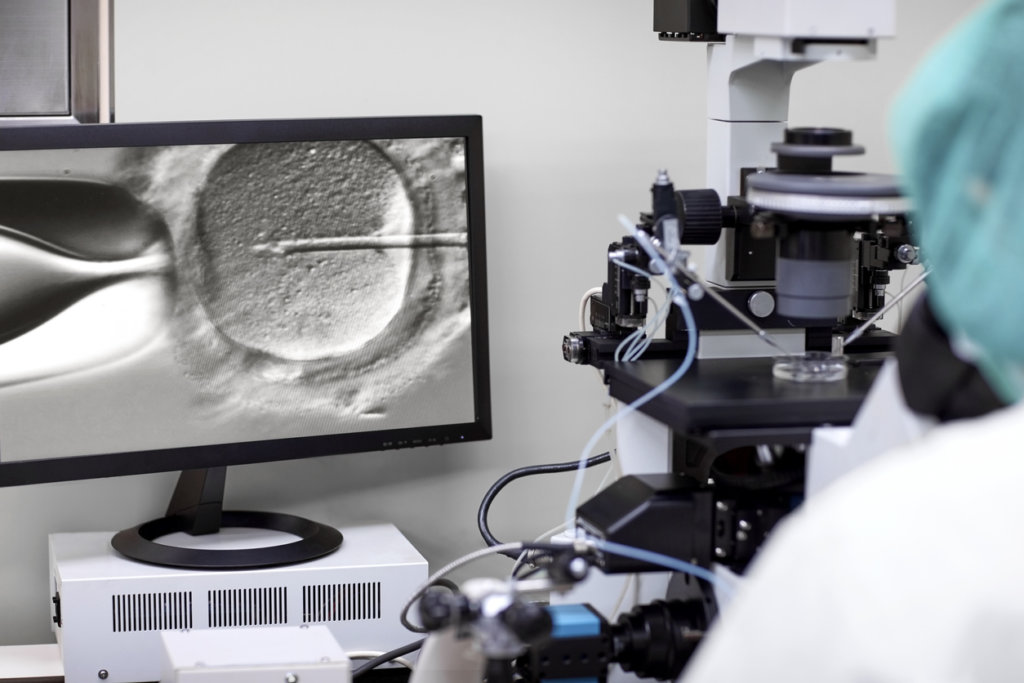What Is a Fertility Doctor or Fertility Specialist? A fertility doctor is a reproductive endocrinologist — a physician who practices a subspecialty of obstetrics and gynecology called reproductive endocrinology and infertility (REI). REI is an area of medicine that addresses hormonal functioning as it pertains to reproduction and infertility in both women and men. U.S. […]
Tag Archives: ivf
In reciprocal IVF, the eggs are removed from one parent’s ovaries, fertilized or inseminated outside of the body, and then placed in the second parent’s body. This allows both partners to equally contribute to the IVF process
In the ICSI process, a tiny needle, called a micropipette, is used to inject a single sperm into the center of the egg.
The innovations in reproductive technology have allowed millions of people to become parents.
Egg donation is one of those ways; whether you are looking into donating your eggs or are curious about your health, donating your eggs helps out many families trying to become parents.
National Women’s Health Week (NWHW) is a time to encourage women to #KHOWHmore about ways to prioritize their health today, including staying up to date on health visits and screenings. During National Women’s Health Week, the FDA Office of Women’s Health (OWH) is highlighting key messages each day of the week to encourage women to […]
Endometriosis is a condition where cells that normally line the uterus begin to grow on the outer surface of the uterus and can invade the ovary, causing blood-filled cysts called endometriomas.
The IVF timeline has become a two-step process—changing the answer to the FAQ: When is the right time to try IVF? A question that Dr. Mary Hinckley from Reproductive Science Center of the San Francisco Bay Area gets asked quite often is when is the right time to do in vitro fertilization (IVF)? Most people […]
As in all of our egg donor and intended parent matches, medical records of your donor are sent to your IVF clinic for further review. Your physician will be the one who will ultimately give approval of your donor.
Because Assisted Reproductive Technology (ART) consists of several steps, an ART procedure is typically referred to as a cycle of treatment rather than a procedure at a single point in time.
Fresh and Frozen Embryo Transfers: An embryo transfer is the final step of the In Vitro Fertilization (IVF) process. During a fresh transfer, the embryo is transferred back into the uterus without ever being frozen. A frozen embryo transfer (FET) is a cycle in which frozen embryos from a previous IVF or donor egg cycle are thawed and then transferred.











